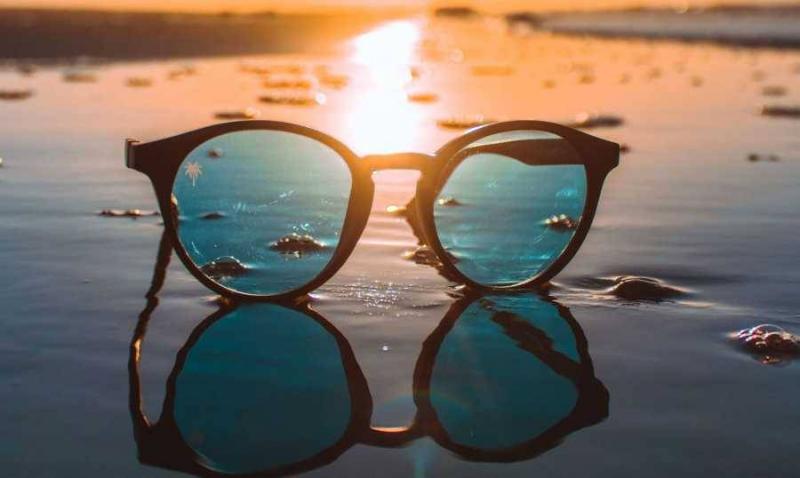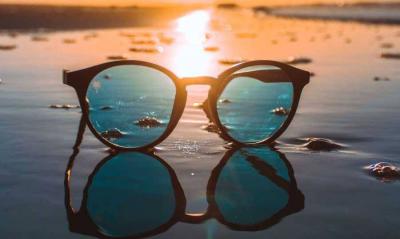Eye experts share their tips on how to choose sunglasses that protect your eyes from harmful sun rays and explain why this is important, according to Verywell Health. Wearing sunglasses does more than protect your eyes from UVA and UVB rays, which can increase the risk of eye diseases like cataracts, dry eyes, and cancer. Sunglasses also protect your eyes from wind and dust, and they can safeguard the sensitive skin around your eyes. Polarized sunglasses, which reduce glare reflected off water, snow, and glass, are considered particularly protective, as reported by the New York Post.
Michelle Holmes, an optometrist at the Pacific Neuroscience Institute in Santa Monica, California, told the health outlet that sunglasses help "reduce the risk of wrinkles, fine lines, and even skin cancer." Bryce Saint Clair, an assistant professor in the Department of Ophthalmology at the Wilmer Eye Institute at Johns Hopkins Medicine, added that "wearing sunglasses helps prevent UV rays and wind from stimulating the growth of a pterygium." A pterygium is a relatively common non-cancerous growth of the conjunctiva, which is the thin tissue covering the white part of the eye, according to Mount Sinai's website. Saint Clair mentioned that sunglasses also protect against macular degeneration, eyelid skin cancer, and cataracts.
Some sunglasses may appear to protect your eyes due to their tinted lenses, but this does not guarantee adequate UV protection. Holmes stated that experts recommend ensuring the sunglasses offer 100% protection against UVA and UVB rays. The description of certified sunglasses should include something like "UV 400" or "100% UV protection," but if you're worried they might be counterfeit, you can look up the brand online.
If the sunglasses do not fit well, they may not adequately protect your eyes from the sun. Experts noted that small sunglasses, while trendy, may not cover your eyes completely from rays. They recommend selecting durable frames and lenses. Saint Clair explained that lenses made from Rivex, polycarbonate, glass, titanium, or stainless steel are the strongest, adding that polycarbonate is the least likely to break. He cautioned, "Be careful when buying these lenses because if they shatter, they can cause irreversible damage to vision from the broken pieces."
You can certainly find a pair of sunglasses that works well and protects your eyes at a low price. However, be cautious with free options.




